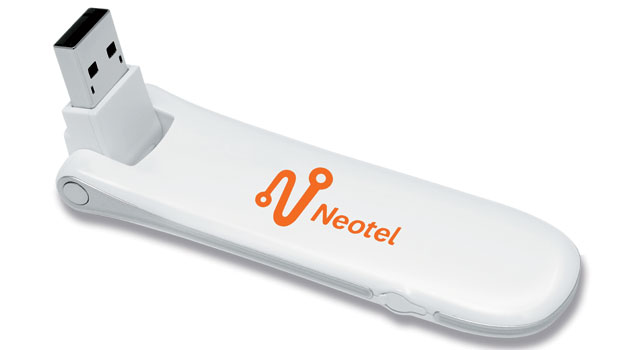 Talk of consolidation in the telecommunications industry is rife, with speculation growing that a number of operators are either in play or may soon be. But how might a flurry of mergers and acquisitions play out?
Talk of consolidation in the telecommunications industry is rife, with speculation growing that a number of operators are either in play or may soon be. But how might a flurry of mergers and acquisitions play out?
At the centre of current speculation is Neotel. Licensed as South Africa’s second national operator to compete with Telkom, the company has access to a number of assets that the big mobile operators would love to get their hands on.
Vodacom and MTN emerged as the most likely suitors, though Dimension Data’s name was also bandied about earlier in the year when the talks began. MTN CEO Sifiso Dabengwa confirmed at the group’s annual results last week that it had held discussions with Neotel, but was no longer involved, making Vodacom the most likely remaining candidate.
If a deal goes ahead and passes muster at the Competition Commission and the Independent Communications Authority of South Africa (Icasa) — it seems likely Vodacom’s rivals will use at least one of these forums to fight it — then the mobile operator would gain access to a number of assets that would help bolster its position in South Africa.
The first and arguably most important of these is access to valuable chunks of radio frequency spectrum. Neotel has access to key spectrum bands that Vodacom could use to improve its fourth-generation (4G) mobile network. This includes the digital dividend band around 800MHz, which will only be made available to other operators after 2015, when South Africa (hopefully) completes its long-delayed migration from analogue to digital terrestrial television.
Another key asset in the Neotel stable is its fairly extensive fibre-optic network. High-speed fibre broadband networks are crucial for mobile operators to connect their base stations to deliver 4G wireless broadband.
Lastly, Neotel’s data centres and specialist networking skills would help Vodacom bolster its IT services and fixed-line business, which it has been forced to build organically (in other words, slowly), while rival MTN had the luxury of buying Internet service provider Verizon Business to form the bedrock of its IT services venture.
Another company that may also soon be in play — if it’s not already — is iBurst parent Wireless Business Solutions (WBS), mainly because of its spectrum assets. Though WBS is in trouble with Icasa for not paying spectrum fees it allegedly owes, it, too, has spectrum that the mobile networks could use to build 4G networks.

Then there’s Dimension Data, which appears to need to do something about its Internet Solutions division, which is not aligned to a major operator. Could Didata, with its parent, Japan’s giant operator NTT, provide the billions of rand Internet Solutions would need to be a consolidator, allowing it to tackle the infrastructure players head on? Didata, Internet Solutions and Cell C have a close relationship — they have a joint venture called FibreCo that is building a national fibre network — so it’s not inconceivable that some sort of merger could happen between these companies in the years ahead.
Cell C is another company that bears close watching. Given that its controlling shareholder, Oger Telecom, has recently recapitalised it with a US$350m equity injection, it appears it’s not for sale just yet (assuming there are any interested buyers), though it is playing a high-stakes game of poker with Vodacom and MTN. It is winning market share, but investors will demand a return on their investment at some point. What happens if the loss-making Cell C doesn’t get the preferential inter-network call rates that its CEO, Alan Knott-Craig, is lobbying so hard for?
Could a deal with Telkom transpire? Telkom Mobile head Attila Vitai seemed to pooh-pooh that idea in a recent interview with me, saying there was no sense in the company buying Cell C, although he emphasised that he was speaking in his personal capacity.
Orange could emerge as a potential suitor for Cell C — the giant French operator is already active in the South African market and has said it wants to launch a mobile virtual network operator provided Icasa puts a supportive regulatory framework in place. However, Orange this week ruled out the idea of buying a South African mobile operator in the short or medium term.
- Duncan McLeod is editor of TechCentral — engage with him on Twitter
- This column was first published in the Sunday Times




